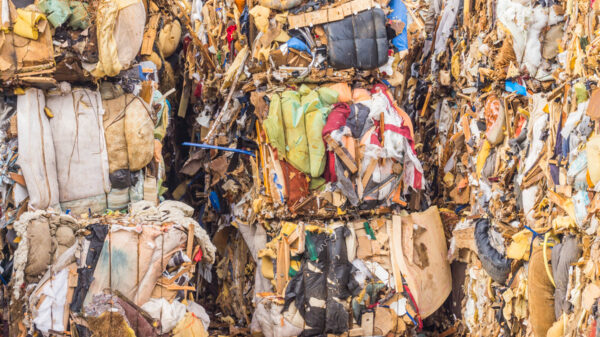
 Getty Images
Getty ImagesThere have been 11 cases of measles recorded in Northern Ireland in the past 6 months.
In the Republic of Ireland 68 cases were logged within the same time frame.
Measles is highly infectious and is caused by a virus that can easily spread between unvaccinated people.
In February, Northern Ireland reported its first case of the disease since 2017.
It led to the the Public Health Agency (PHA) launching a mumps, measles and rubella (MMR) vaccine catch-up campaign in an effort to prevent the spread of the disease.
The PHA said there had been a decline in vaccine uptake in recent years with Northern Ireland falling behind the recommended 95% vaccination rate.
That is the level that has been recommended by the World Health Organisation (WHO).
The number of people reporting cases of the disease increased in February, according to figures released by the PHA.
Of the 68 confirmed cases in the Republic of Ireland, 18 were in children under 5-years-old.
An additional 17 cases are currently under investigation for measles.
There have been 10 measles outbreaks in the Republic of Ireland in 2024, according to the Health Protection Surveillance Centre (HPSC).
What are the symptoms of measles?
Measles is a highly contagious disease which is spread by coughs and sneezes.
Common symptoms include:
- high fever
- sore, red and watery eyes
- coughing
- sneezing
Small white spots may appear inside the mouth.
A blotchy red or brown rash usually appears after a few days, typically on the face and behind the ears, before spreading to the rest of the body.
It can be harder to see on brown and black skin.
Measles normally clears up within seven to 10 days. However, it can lead to pneumonia, meningitis, blindness and seizures.
In rare cases it can lead to death.
A list of symptoms and advice on what to do if you think you have measles is available on the NHS website.

 Getty Images
Getty ImagesWhat is the MMR vaccination?
The MMR vaccine gives lifelong protection against measles.
The first MMR dose is usually given when a child is 12 months old, while the second is administered at about three years and four months.
However, it can be given at any age via a GP.
Most MMR side-effects are mild.
Babies and young children may develop a high temperature for up to 72 hours.

 PHA
PHALouise Flanagan, Consultant in Public Health at the PHA, said the MMR vaccine is important “in helping to protect your children and preventing against this highly infectious and serious disease”.
In a statement, she said that while the disease can be “unpleasant”, it usually improves within a week without causing any further problems, however for some it can lead to serious and potentially life-threatening complications.
Ms Flanagan says the introduction of the MMR vaccine meant cases in Northern Ireland were rare until recently.
What should I do if I get measles?
The NHS advises to contact a GP urgently or get help from NHS 111 if you think you or your child may have measles.
And after you have got advice from a GP, or seen them, there are things you can do to help ease the symptoms and reduce the risk of spreading the infection.
The NHS says it can be helpful to:
- Rest
- Drink plenty fluids, such as water
- Take paracetamol or ibuprofen for a high temperature
- Give your child paracetamol or ibuprofen if they’re distressed or uncomfortable (check the packaging or leaflet to make sure the medicine is suitable for your child, or speak to a pharmacist or GP if you’re not sure)
- Use cotton wool soaked in warm water to gently remove any crusts from your or your child’s eyes































